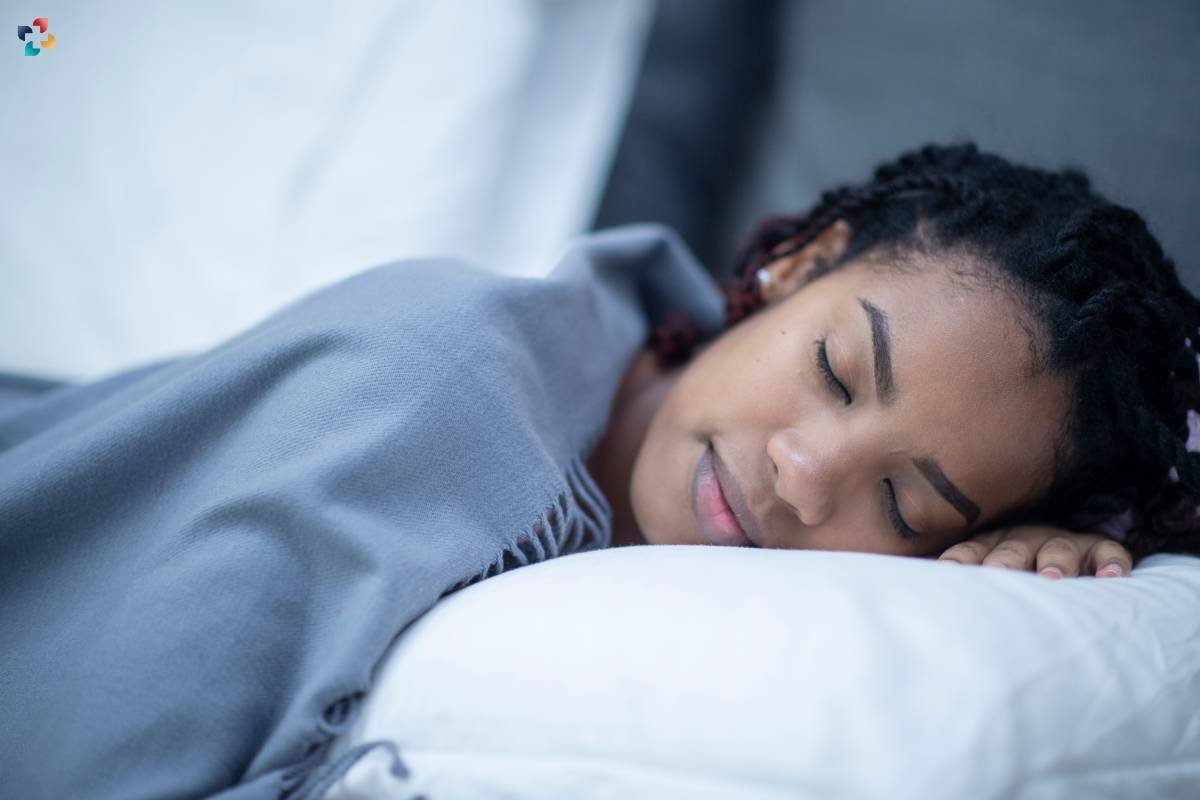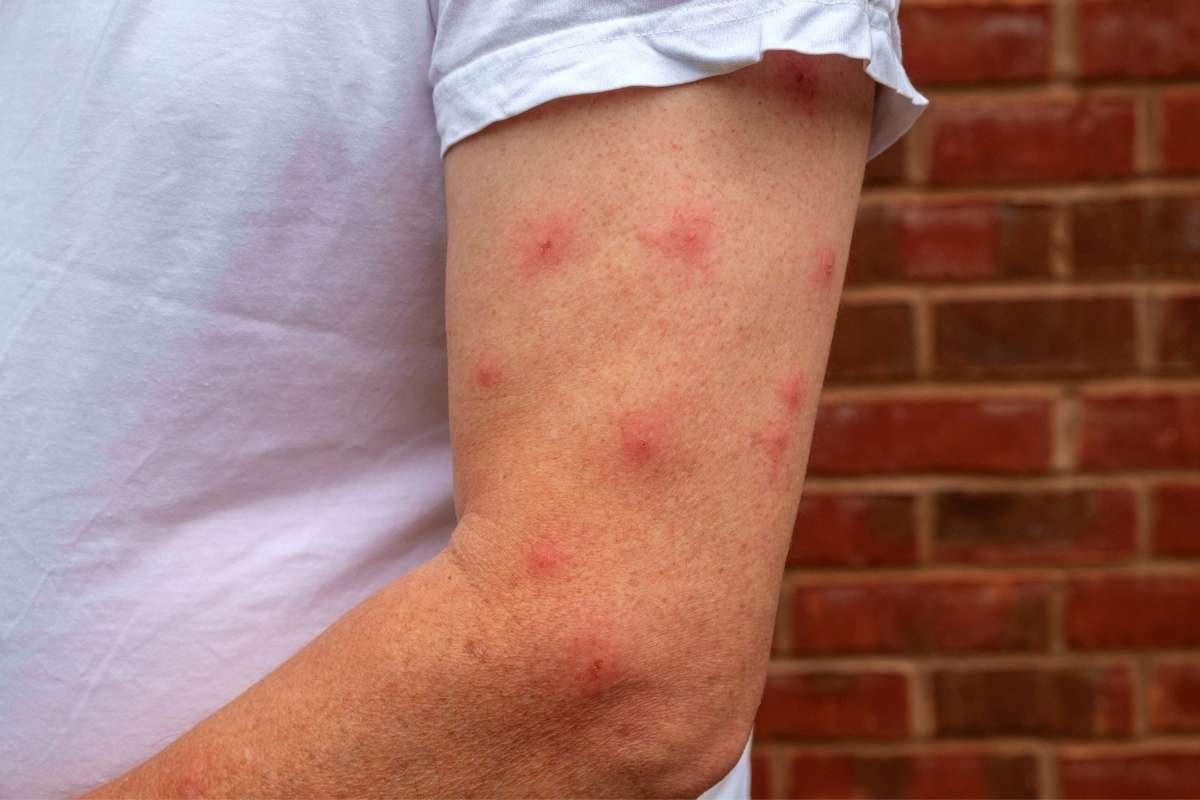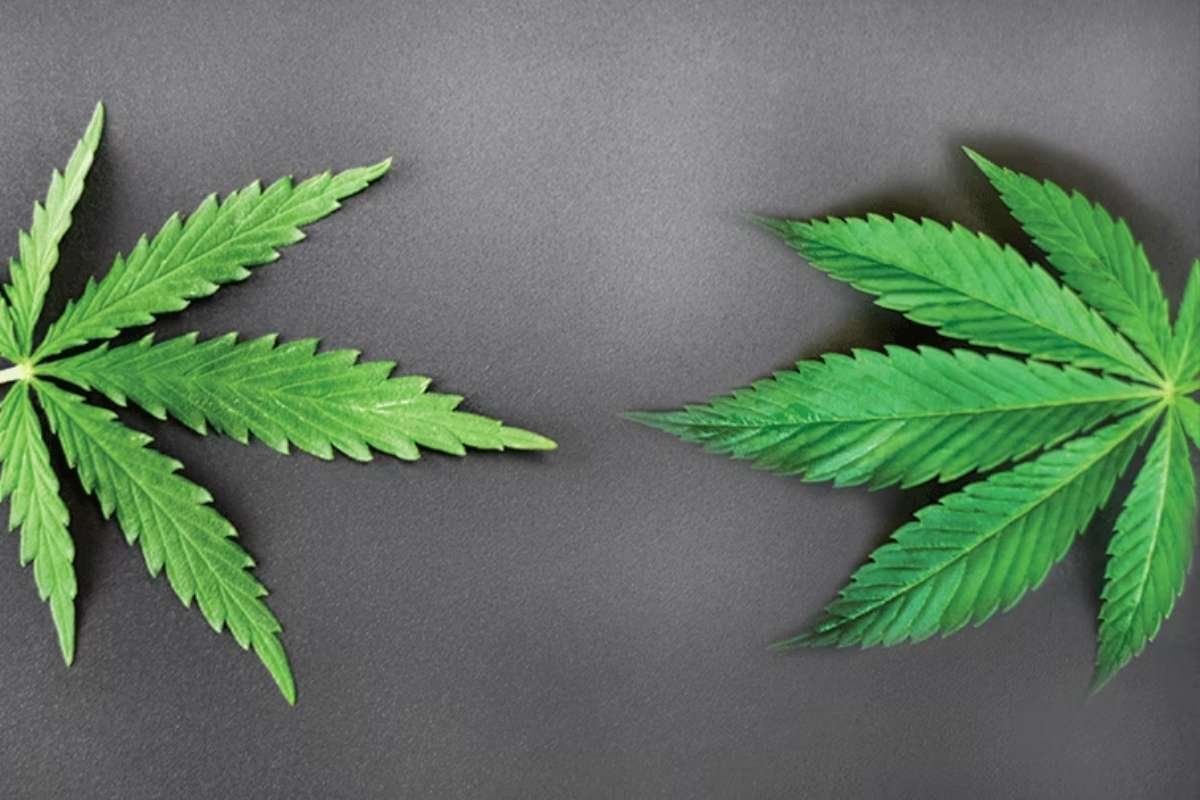All of us have experienced hangover myths, some time or the other. Alcohol when in moderation gives the needed relaxation. Unlike when you do not know your limit and when to stop, alcohol can be the worst nightmare of your life. People have their own remedies for it when they talk of curing the hangover. Not only hangover, but alcohol does more to you, healthwise. The post-party effects are such that no one wants to experience them frequently. The stomach pains, the acidity, and the feeling of dizziness destroy more than half of the next day too. To reduce the hangover, people have many ways and they are believed to be true.
When suffering from a hangover, people come to you with hangover myths. Advice-giving is at its peak at that time. So, to make your task easier, here we mention these 8 Hangover Myths Aren’t True – Here’s What Does Help.
Here are 8 Hangover Myths Aren’t True – Here’s What Does Help:
Myth 1: Hair of the Dog
One of the most enduring hangover myths is the belief that consuming more alcohol the morning after will help alleviate the symptoms. The idea is that a small amount of alcohol will act as a buffer and ease the transition from inebriation to sobriety. However, this is a false hope. Alcohol metabolizes in the body over time, and the hair-of-the-dog approach only delays the inevitable, potentially worsening the hangover when the alcohol wears off.
Myth 2: Greasy Foods Cure Hangovers

A hearty, greasy breakfast is often touted as a surefire way to cure a hangover. The belief is that the fats in the food will somehow absorb the alcohol and mitigate the effects. Unfortunately, this isn’t the case. Greasy foods can actually exacerbate stomach discomfort, as they can be difficult to digest in a fragile post-drinking state. Greasy breakfast is one of the common hangover myths of all time. It can escalate the feeling of nausea and vomiting instead.
Myth 3: Coffee Is a Hangover Elixir
Many people swear by a strong cup of coffee to shake off the grogginess of a hangover. While caffeine might provide a temporary energy boost, it’s also a diuretic that can contribute to dehydration – a primary culprit behind hangover symptoms. This is one of the most common hangover myths as people believe caffeine will dwindle down the hangover. It is isn’t much true for a fact.
Myth 4: Mixing Alcohol Types Causes Hangovers
The idea that mixing different types of alcohol leads to worse hangovers has circulated for ages. Yet, the type of alcohol you consume isn’t the main factor responsible for hangovers. It’s the overall amount of alcohol, along with other factors like hydration and sleep, that influence the severity of your hangover. This is one of the common hangover myths too. The amount of alcohol should be moderate, which is bearable and will cause no harm the next day.
Myth 5: Clear Liquor Prevents Hangovers
Clear liquors like vodka and gin have been erroneously believed to be less likely to cause hangovers compared to their darker counterparts like whiskey or rum. In truth, the alcohol content is what matters most. Clear liquor doesn’t provide a free pass to excessive consumption without consequences.
Myth 6: Pain Relievers Cure Hangovers

Popping a pain reliever might seem like a convenient solution, but it’s not a magic bullet. Pain relievers can further strain the liver, which is already working overtime to process the alcohol. This combination can be harmful to your health.
Myth 7: Only Heavy Drinking Causes Hangovers
Believing that only heavy drinking leads to hangovers is a dangerous myth. Even moderate drinking can result in hangover symptoms, as it disrupts your body’s hydration and sleep patterns. Everybody has their own capacity to handle the amount of alcohol. Then the hangover myths are of no use.
Myth 8: Water Before Bed Prevents Hangovers
Drinking water before bed is often recommended as a preventive measure. While staying hydrated is essential, drinking water alone won’t shield you from the full force of a hangover. Alcohol interferes with the body’s ability to retain water, leading to dehydration regardless of how much water you consume before sleeping.
What Does Help: Hangover Remedies that Work:
Now that we’ve debunked these pervasive hangover myths, let’s explore effective strategies to mitigate hangover symptoms:
1. Stay Hydrated
Drinking water throughout the night can help counteract the dehydrating effects of alcohol. Aim to drink a glass of water between alcoholic beverages and before hitting the hay.
2. Eat a Balanced Meal
Consuming a nutritious meal before drinking slows down alcohol absorption, reducing its impact on your body. Opt for foods rich in healthy fats, protein, and complex carbohydrates. It will help you balance the unhealthy food consumption.
3. Electrolytes
Replenish lost electrolytes with drinks or foods that contain essential minerals like potassium and sodium. Coconut water or a banana can be excellent choices.
4. Rest

Prioritize sleep. A good night’s sleep allows your body to recover and repair, easing the aftereffects of alcohol consumption. Rest is an important aspect to reduce your hangover.
5. Ginger and Peppermint
These natural remedies can soothe an upset stomach and alleviate nausea. Ginger tea or peppermint tea can work wonders. Immediate relief from an upset stomach is important when suffering from nausea.
6. Pain Relievers with Caution
If you must take a pain reliever, opt for non-prescription options like ibuprofen. However, use them sparingly and avoid acetaminophen-based products, as they can damage the liver when combined with alcohol.
7. B-complex Vitamins
Alcohol can deplete B vitamins in your body. Taking a B-complex supplement before or after drinking can aid in replenishing these vital nutrients.
Conclusion
While the allure of quick fixes and hangover myths can be strong, they ultimately lead to disappointment. The key to overcoming hangovers lies in moderation, proper hydration, nourishing your body, and getting ample rest. By dispelling these misleading beliefs and embracing evidence-based strategies, you can alleviate the discomfort of hangovers and set the stage for healthier drinking habits. Remember, the path to enjoying a vibrant social life while minimizing hangovers starts with informed choices and a balanced approach to alcohol consumption.
Also Read: How to Get Your Child to Drink More Water?









